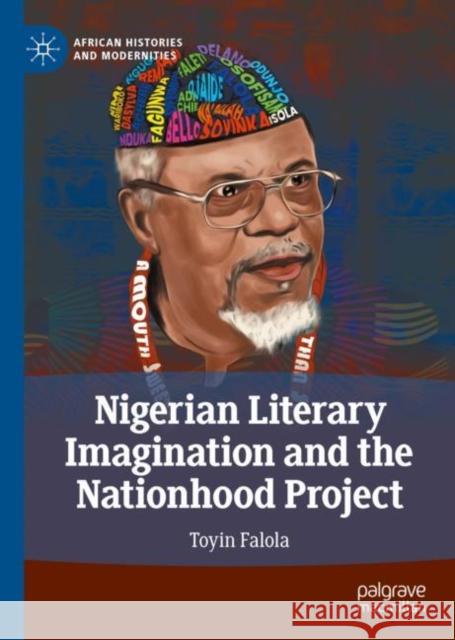Nigerian Literary Imagination and the Nationhood Project » książka
topmenu
Nigerian Literary Imagination and the Nationhood Project
ISBN-13: 9783031019906 / Angielski / Twarda / 2022 / 293 str.
Nigerian Literary Imagination and the Nationhood Project
ISBN-13: 9783031019906 / Angielski / Twarda / 2022 / 293 str.
cena 483,04
(netto: 460,04 VAT: 5%)
Najniższa cena z 30 dni: 462,63
(netto: 460,04 VAT: 5%)
Najniższa cena z 30 dni: 462,63
Termin realizacji zamówienia:
ok. 22 dni roboczych.
ok. 22 dni roboczych.
Darmowa dostawa!
Kategorie:
Kategorie BISAC:
Wydawca:
Springer International Publishing AG
Seria wydawnicza:
Język:
Angielski
ISBN-13:
9783031019906
Rok wydania:
2022
Ilość stron:
293
Wymiary:
21.0 x 14.8
Oprawa:
Twarda
Dodatkowe informacje:
Wydanie ilustrowane











